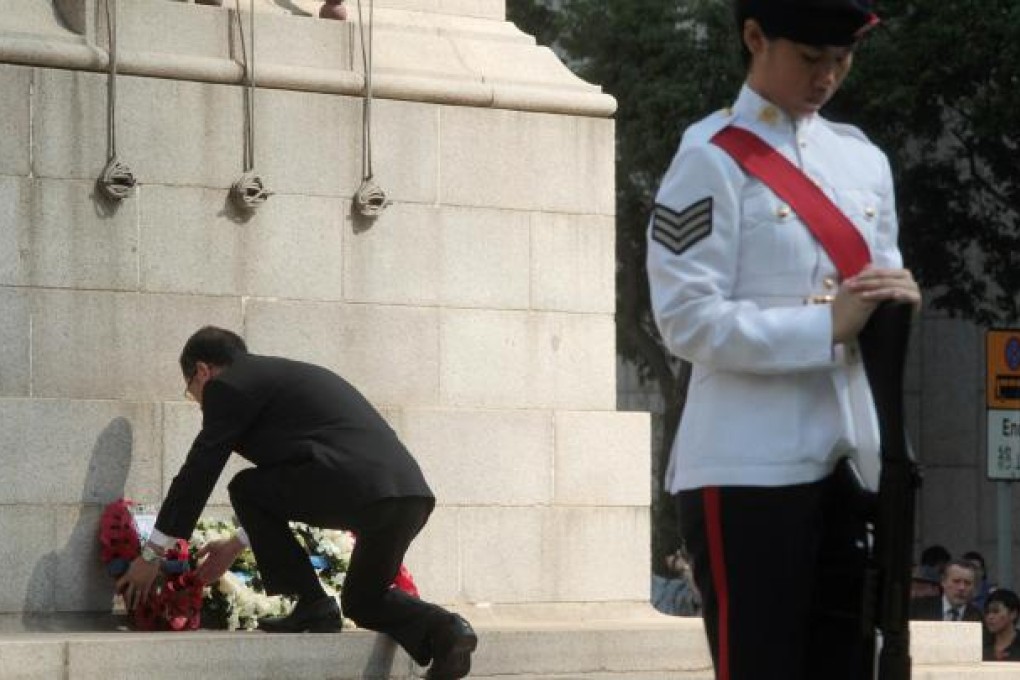Advertisement

It is estimated that there are now 64,900 people living in subdivided flats, cubicles, bed spaces or cocklofts.
I believe that it would be better for residents if the government did not try to shut down subdivided flats.
Advertisement
I see these subdivided flats as being economically efficient. In Hong Kong there are wide disparities in income.
We will always have rich and poor and some people do not have enough money to live in a normal flat.
Advertisement
Their only available option is a subdivided flat.
I accept that bed spaces and cubicles do not provide a healthy environment. But with the subdivided flats people at least have a roof over their heads. If they did not exist the occupants who have nowhere else to go.
Advertisement
Select Voice
Select Speed
1.00x